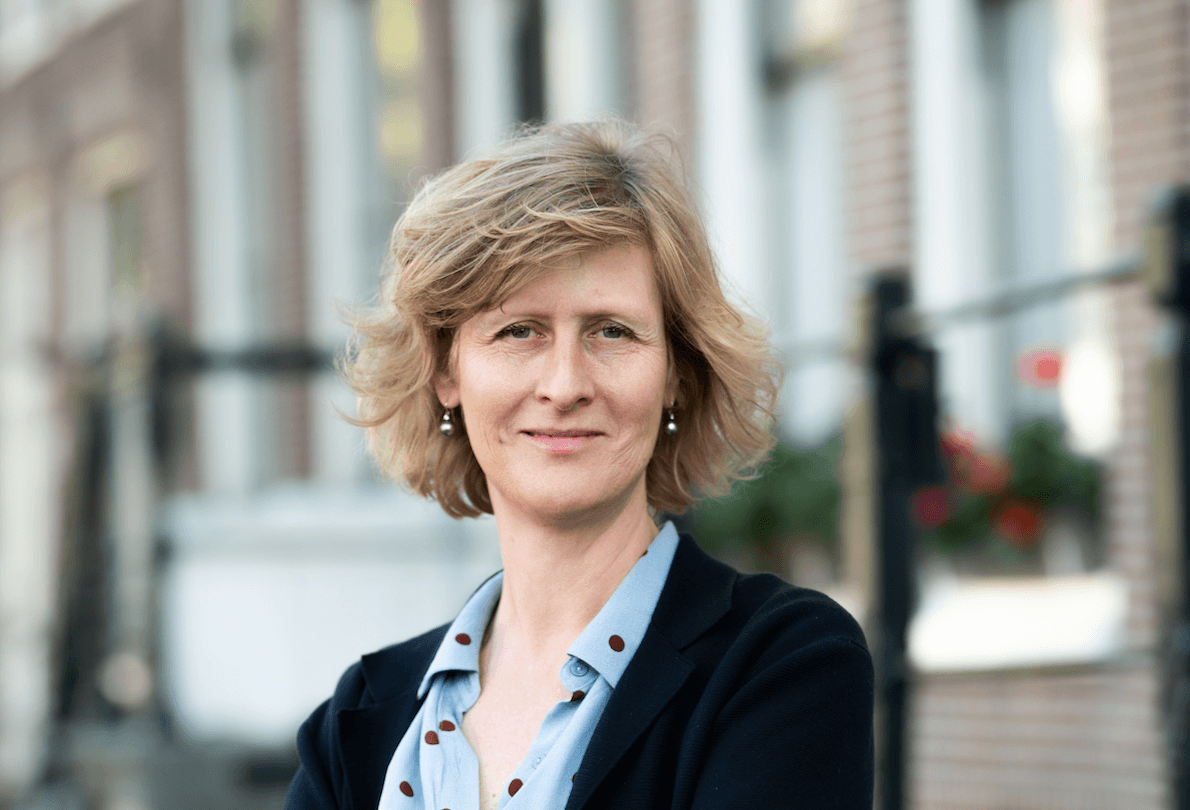There is a growing interest in urban commons. These are local communities in which people share and manage resources such as energy, mobility or housing in a sustainable and pro-social way.
A challenge in developing, managing and maintaining urban commons is translating community values into a technological system. Such a system must accurately track who contributes what and determine what permissions, restrictions or consequences are in place based on the rules set by the community. Digital platforms and distributed ledger technologies such as blockchain can play a rol in creating such a system. In developing these, designers must make trade-offs between aspects such as privacy and transparency, and individual and collective interests.
Charging the Commons was a project that explored the design of digital platforms for resource communities. Waag Futurelab investigated how designers of digital platforms for resource communities can ensure that their design represents the specific values of the community.
As a research method, we used situated design; an approach to design that focuses on the specific context in which the product or service will be used. This meant that designers considered the physical, social, cultural and political environment in which the product was going to be implemented.
Together with consortium partners, we investigated different use cases, including a data commons in the energy domain where households (with and without solar panels, heat pumps and electric cars) exchanged energy and energy consumption data with each other in order to jointly distribute the limited available capacity on the electricity grid as fairly, transparently, sustainably and efficiently as possible.




